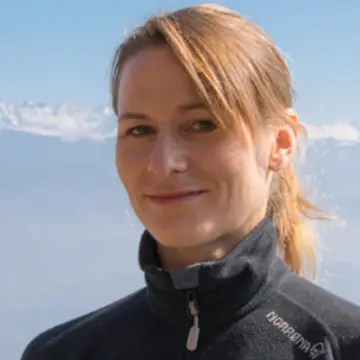THIS PRESS RELEASE IS PAID FOR AND PRESENTED BY the University of Bergen - read more
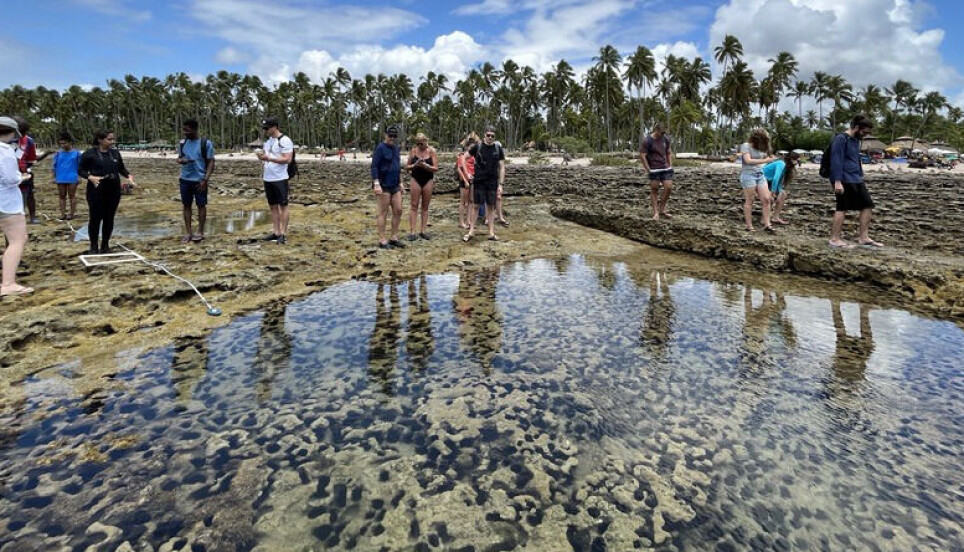
Bridging the Atlantic: summer school for budding climate scientists
A network for young climate scientists brings together disciplines and nationalities from all around the Atlantic Ocean.
“The new researchers can understand not only what happens in their own backyard, but also what happens on the other side of the Atlantic,” José Muelbert says.
Muelbert, a professor at Universidade Federal do Rio Grande, is one of the researchers in TRIATLAS, an international and multi-disciplinary research project on climate and ecosystem predictions in the Tropical and South Atlantic.
He is also the leader of The Cross-Atlantic Network of Excellence in Marine Science (CANEMS), a network for young researchers, organised through TRIATLAS.
The CANEMS network combines summer schools, student exchange programs, sea-going training and academic teaching in a highly interdisciplinary context.
José Muelbert emphasises the importance of bringing together young researchers from West Africa, South America and Europe so they can understand the physical processes that occur in different regions. These processes interact to produce fish stocks that are relevant for the Atlantic community as a whole.
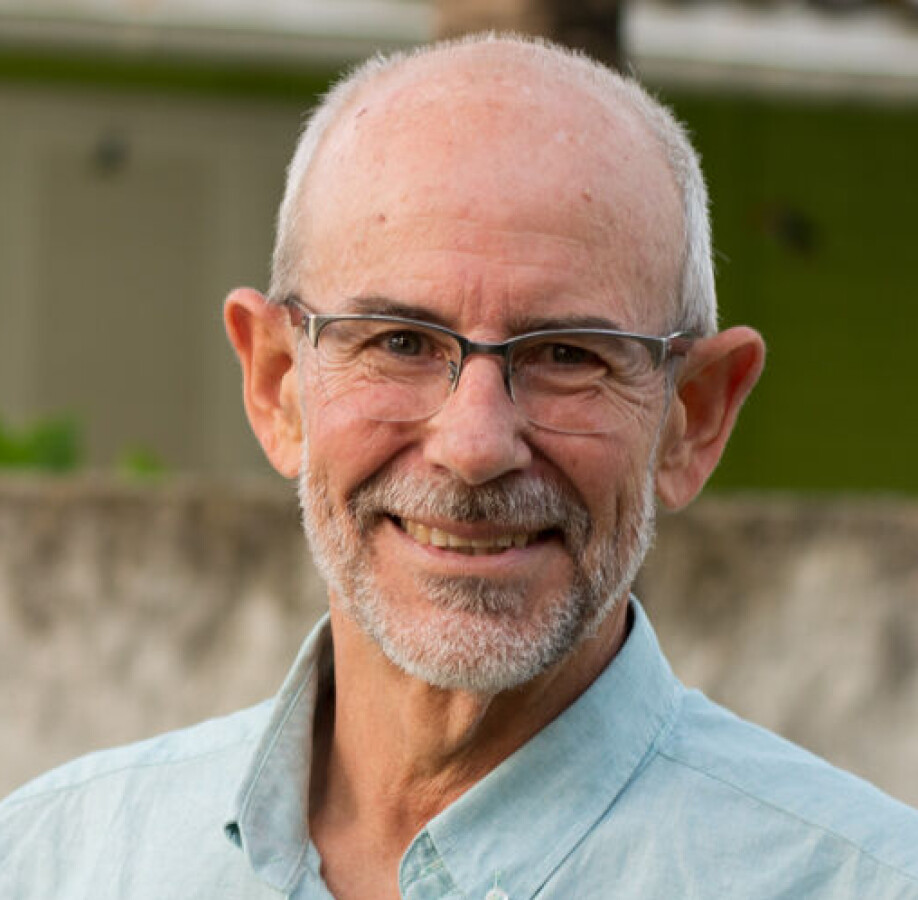
A school of fish and physics
Oceanographers Mareike Körner from GEOMAR and Marie-Lou Bachèlery from the Bjerknes Centre for Climate Research and the University of Bergen met at a CANEMS summer school near Recife in Brazil in October 2022.
The summer school was organised by the TRIATLAS and TAPIOCA projects together with Universidade Federal de Pernambuco.
Young researchers with backgrounds from physical or biological oceanography, some working with observations and others with models, spent a week together learning about each others’ fields.
“So much of the world is covered by water, and a lot of people and countries rely on the ocean ecosystem as a food source. Just studying the ocean from a purely physical point of view would not make sense,” says Mareike Körner, who uses observations from the upwelling system off the coast of Angola in her research.
Marie Lou Bachèlery agrees. Like Körner, she is a physical oceanographer, though a modeler.
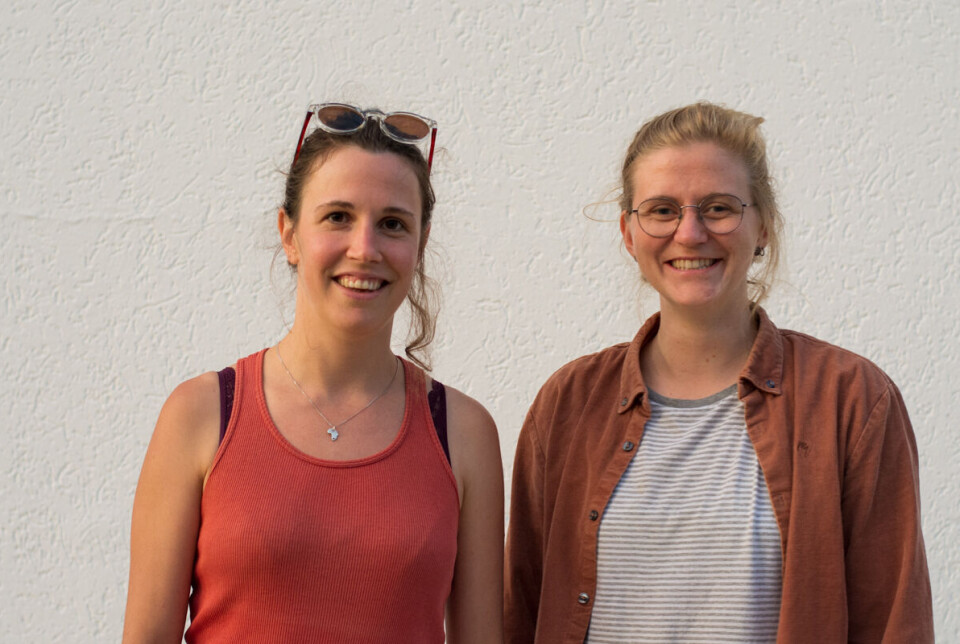
“We have this idea sometimes that everything is going to be linear from physics to fish,” she says. “It is actually much more complex than that. This is something that I got when I started having contact with biologists.”
The summer school made them realise they had common interests.
“We might continue to work together,” Marie-Lou Bachèlery says.
Learn more about the summer school in the video below.
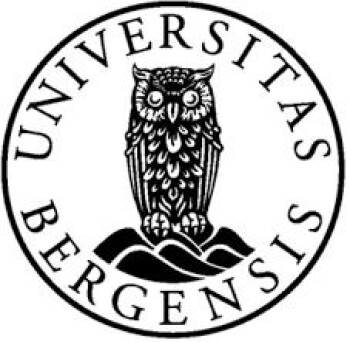
This press release is paid for and presented by the University of Bergen
This content is created by the University of Bergen's communication staff, who use this platform to communicate science and share results from research with the public. The University of Bergen is one of more than 80 owners of ScienceNorway.no. Read more here.
See more content from the University of Bergen:
-
Early human innovation: Was climate really the cause?
-
The proteins in your blood can reveal early signs of heart problems
-
Electricity against depression: This may affect who benefits from the treatment
-
Quantum physics may hold the key to detecting cancer early
-
Researcher: Politicians fuel conflicts, but fail to quell them
-
The West influenced the Marshall Islands: "They ended up creating more inequality"







